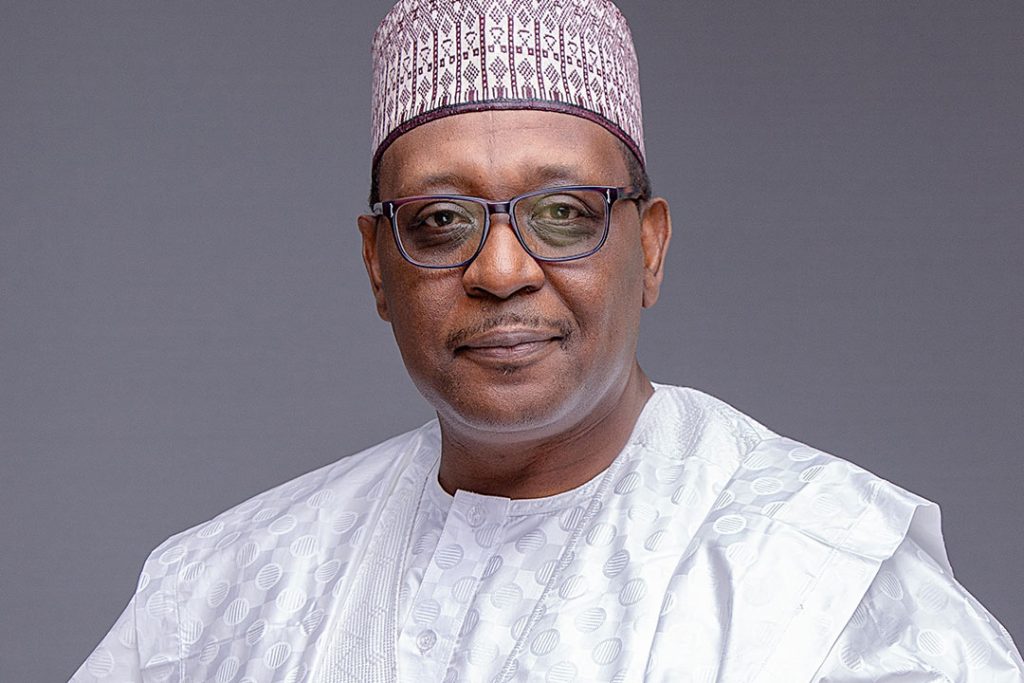The Exodus of Nigerian Doctors: A Crisis of Brain Drain and Fiscal Loss
Nigeria’s healthcare system is facing a critical challenge: the mass exodus of its medical professionals. Over the past five to seven years, an estimated 16,000 doctors have left the country in search of better opportunities abroad. This brain drain extends to nurses and midwives, further exacerbating the shortage of healthcare workers within the nation. The doctor-to-population ratio currently stands at a concerning 3.9 per 10,000, significantly below the recommended global minimum. This exodus represents not only a loss of skilled professionals but also a substantial financial drain, with the cost of training a single doctor exceeding $21,000.
Several factors contribute to this migration, including the allure of higher salaries, improved working conditions, advanced training opportunities, and more conducive research environments in developed countries. This trend, while not new, has intensified in recent years, leaving rural communities in Nigeria critically underserved and posing a serious threat to the nation’s healthcare system. The departure of these highly trained professionals undermines the country’s capacity to provide adequate healthcare services, particularly in underserved areas. The financial investment in their training also represents a significant loss for the nation.
A New Vision for Nigeria’s Healthcare: Retention, Ethical Recruitment, and Global Collaboration
In response to this crisis, Nigeria, under the leadership of President Bola Ahmed Tinubu, is charting a new course. Tinubu, appointed as the African Union’s Continental Champion for Human Resources for Health and Community Health Delivery, envisions a prosperous and interconnected Nigeria that contributes to a thriving African continent. This vision, encapsulated in the Renewed Hope Agenda and the Nigeria Health Sector Renewal Investment Initiative, seeks to address the healthcare workforce crisis through a multi-pronged approach.
Central to this approach is the National Policy on Health Workforce Migration. This policy aims to retain existing healthcare workers by improving their working conditions and offering incentives. It also seeks to establish ethical norms and bilateral frameworks for recruitment, addressing global asymmetries that drive healthcare professionals away from their home countries. The policy emphasizes expanding training capacity not only to meet domestic needs but also to contribute to the global healthcare workforce. Additionally, it focuses on structured reintegration programs to encourage Nigerian professionals abroad to return and contribute their expertise to the national healthcare system.
Strengthening Governance and Data Systems for a Sustainable Healthcare Workforce
The new policy also prioritizes strengthening governance, improving regulatory coordination, and developing real-time data systems. Robust data collection and analysis will provide valuable insights into the dynamics of healthcare workforce migration, enabling more effective policy interventions. Improved governance and regulatory frameworks will ensure transparency and accountability in the management of healthcare human resources.
Nigeria acknowledges the global health workforce shortage, estimated at 18 million, and recognizes that developed countries also face their own human resource challenges. However, the Nigerian approach emphasizes stewardship, balancing healthcare professionals’ rights to seek opportunities abroad with the nation’s responsibility to maintain a viable national healthcare system. This balanced approach recognizes the interconnectedness of the global healthcare workforce and seeks to find solutions that benefit both source and destination countries.
Pan-African Collaboration and a New Global Compact on Health Workforce Mobility
Nigeria is also advocating for a new global compact on health workforce mobility, emphasizing pan-African collaboration. This includes establishing pan-African training and accreditation standards, developing shared planning tools and data resources, creating continental negotiating platforms with destination countries, and securing sustained investments in healthcare workforce development. This collaborative approach seeks to address the global healthcare workforce crisis through shared responsibility and mutual benefit.
The Association of Medical Councils of Africa (AMCOA) plays a crucial role in this collaborative effort. AMCOA promotes cooperation among African countries to address shared healthcare challenges, including workforce mobility. Through workshops and conferences, AMCOA facilitates knowledge sharing, develops strategies for improving healthcare regulation and leadership, and fosters a sense of shared responsibility among African nations. This pan-African collaboration is essential for creating a sustainable healthcare workforce across the continent.
Addressing Fragmentation and Prioritizing Patient Safety in Healthcare Regulation
The seventh annual capacity-building workshop of AMCOA, held in Abuja, Nigeria, focused on integrated healthcare regulation and leadership. The workshop highlighted the need for collaborative efforts to address diverse challenges within the healthcare regulatory landscape, including managing health workforce mobility, improving credentialing systems, and enhancing information data management. Participants stressed the importance of upholding global standards while adapting to local contexts.
A key area of concern raised during the workshop was the fragmentation of professional relationships within the healthcare sector. This fragmentation hinders effective implementation of healthcare policies and compromises patient care. The emphasis on teamwork and patient-centered care underscored the need for a unified approach to healthcare regulation and service delivery. The workshop underscored the critical role of healthcare regulators in upholding global standards while adapting to local contexts, ultimately prioritizing patient safety and well-being.














